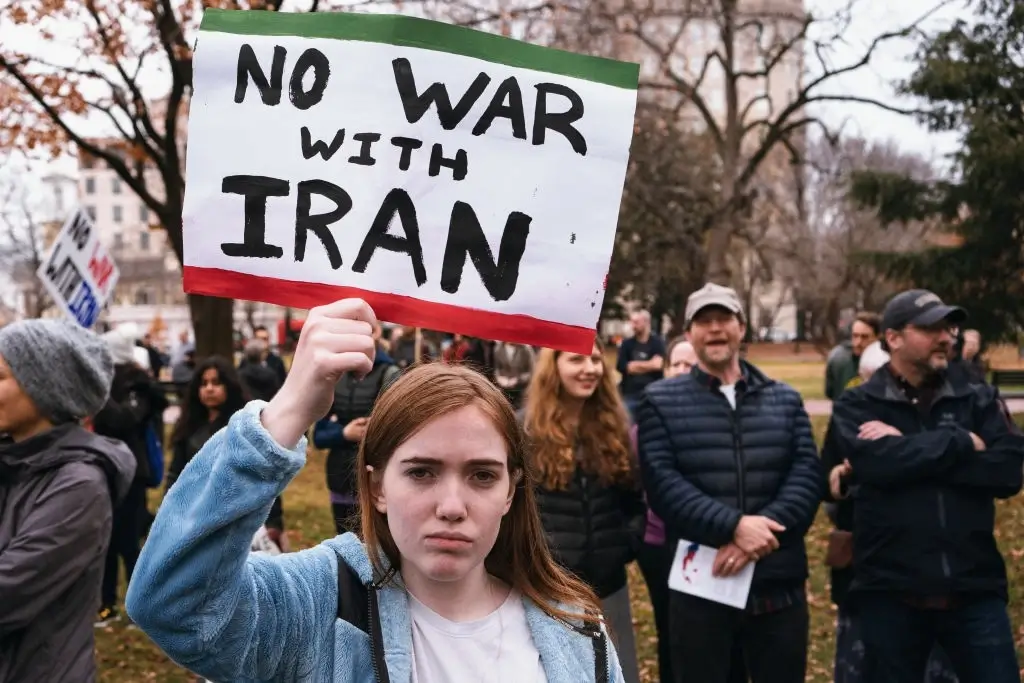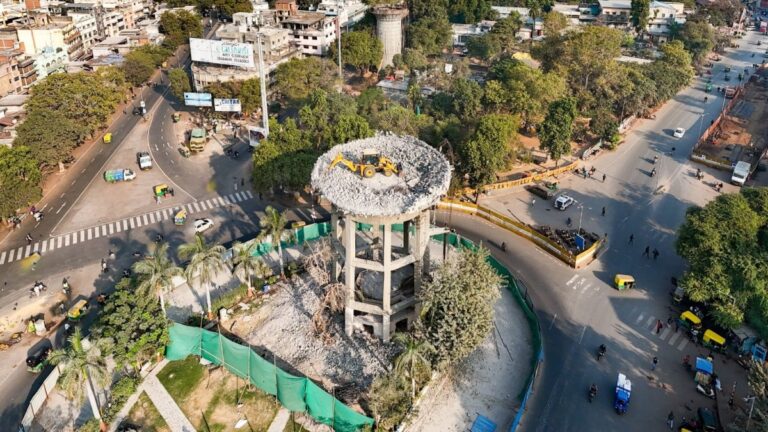The Iran terrorism history is not just about isolated events — it’s a sustained campaign of violence, proxy warfare, and global destabilization. From embassy bombings to attacks on U.S. troops, Iran has continuously used terrorism as a tool of foreign policy.
Let’s explore the major attacks linked to Iran and understand why this history still matters in 2025.
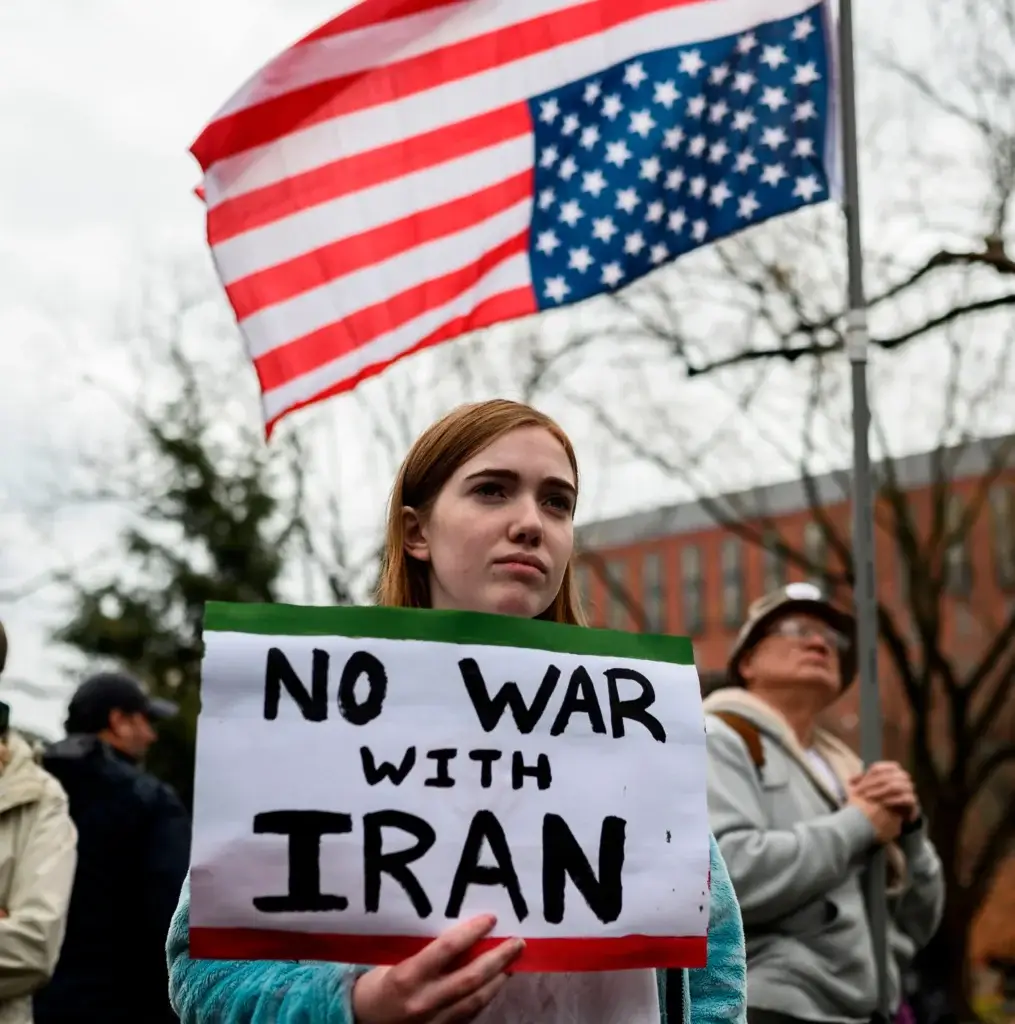
Iran Hostage Crisis – The Start of Iran Terrorism History (1979)
In 1979, Iranian revolutionaries stormed the U.S. embassy in Tehran and held 52 Americans hostage for 444 days. This marked the beginning of Iran’s use of terrorism against the U.S.
Iran-Backed Bombings and Hijackings in the 1980s
1983 Beirut Embassy and Barracks Bombings: Over 300 killed.
TWA Flight 847 Hijacking (1985): Hezbollah, backed by Iran, killed a U.S. Navy diver.
Kuwait Embassy Bombing: Direct attack on U.S. diplomatic property.
These events show how the Iran terrorism history grew through Hezbollah and other proxy groups.
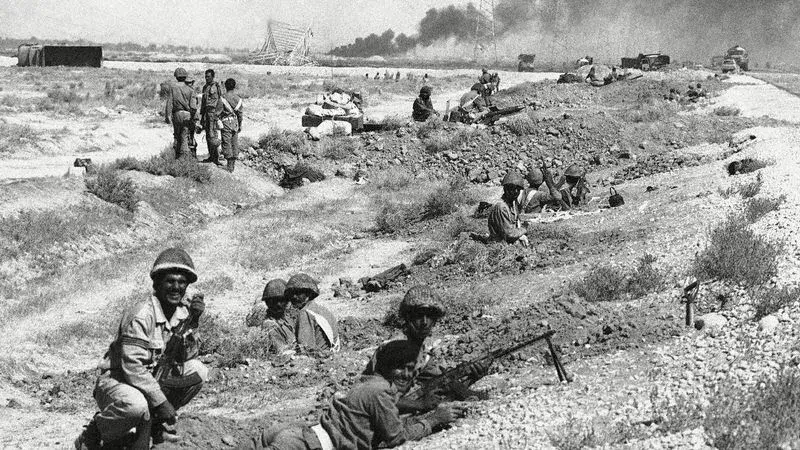
Khobar Towers Bombing – 1996
A truck bomb killed 19 U.S. Airmen in Saudi Arabia. Investigations blamed Hezbollah Al-Hejaz, with strong ties to Iran’s Islamic Revolutionary Guard Corps (IRGC).
EFP Attacks in Iraq – The 2000s Chapter of Iran Terrorism History
During the Iraq War, Iranian Quds Force supplied Explosively Formed Penetrators (EFPs) to Shia militias. These bombs caused the deaths of hundreds of American troops.
Iran didn’t fight directly — it used its terrorism network to bleed American forces.
Al-Asad Missile Attack – 2020 Retaliation from Iran
After the U.S. drone strike killed Iranian General Qassem Soleimani, Iran fired ballistic missiles at Al-Asad Airbase in Iraq, injuring dozens of U.S. troops. This modern chapter of Iran’s terrorism history showed Tehran’s willingness to escalate.
Drone and Rocket Attacks (2020–2024)
Iran-backed militias continue to attack U.S. bases in Syria, Iraq, and the Gulf.
Drones and rockets are Iran’s new terror tools — hard to detect, easy to launch.
This proves that Iran terrorism history isn’t over — it’s evolving.
Why the Iran Terrorism History Matters Now
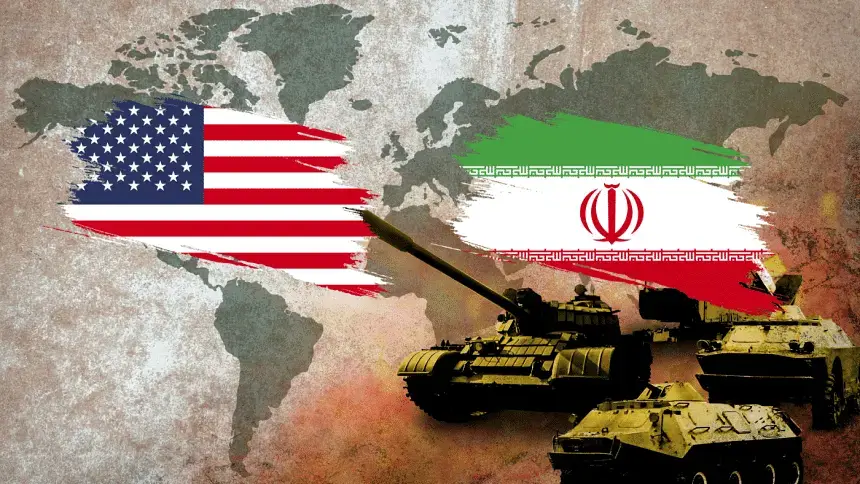
Iran’s long track record of terrorism, combined with its nuclear ambitions, makes it one of the most dangerous regimes in the world. A nuclear-armed Iran would:
- Encourage more proxy attacks
- Increase global instability
- Threaten U.S. interests directly
America’s Response to Iran’s Terrorism
President Trump’s decision to eliminate Qassem Soleimani was a turning point. He:
- Weakened Iran’s operational capabilities
- Sent a strong message against terror leaders
- Prevented a larger war through deterrence
Final Thoughts – Never Forget Iran’s Terror Legacy
The Iran terrorism history is a record of bloodshed, not just rhetoric. Over 1,000 Americans have died because of Iran’s actions. This is why the U.S. must remain:
- Watchful
- Strong
- United against terrorism
